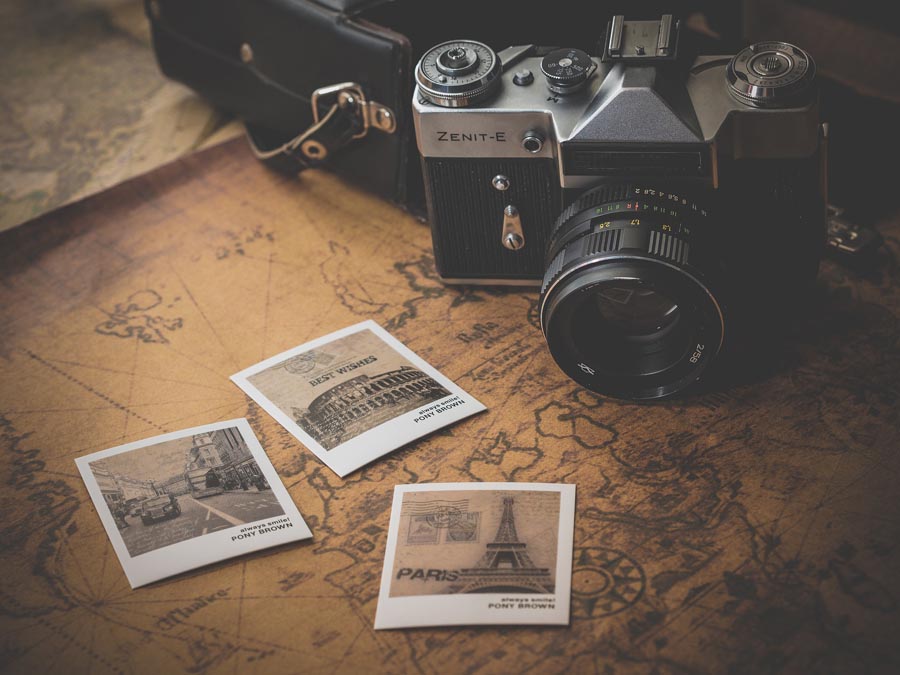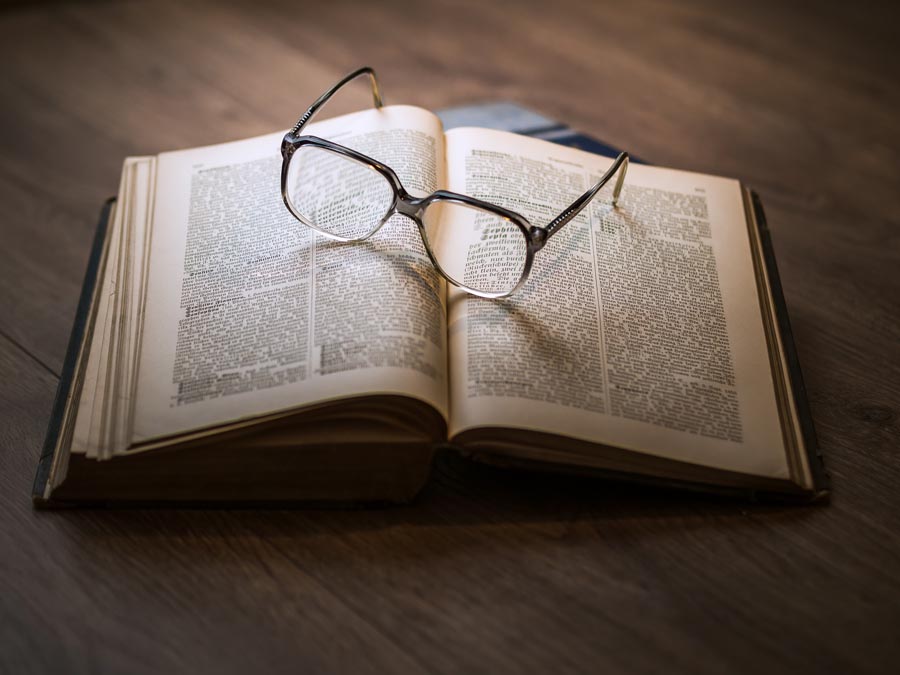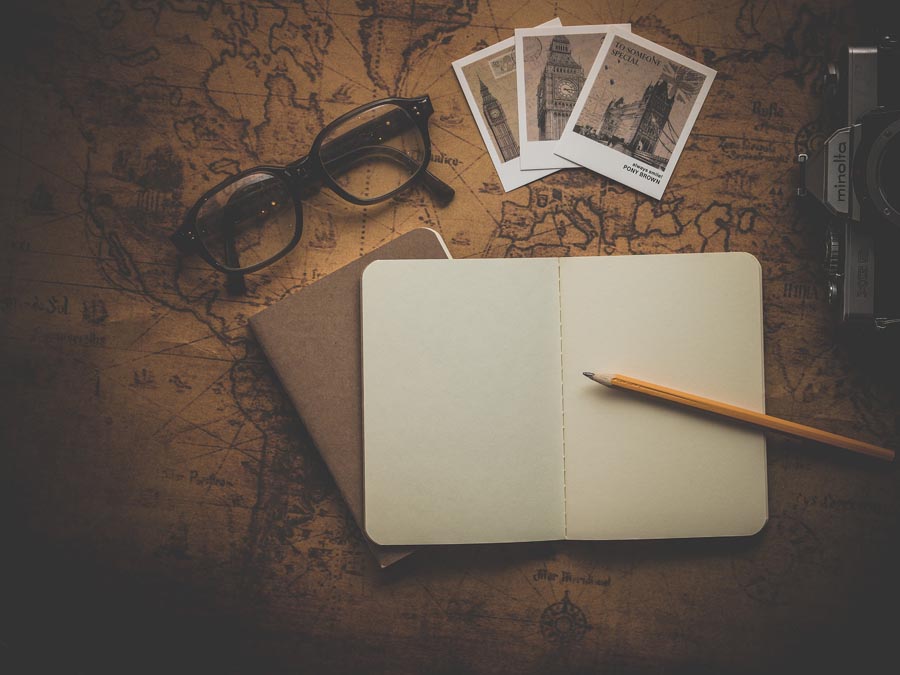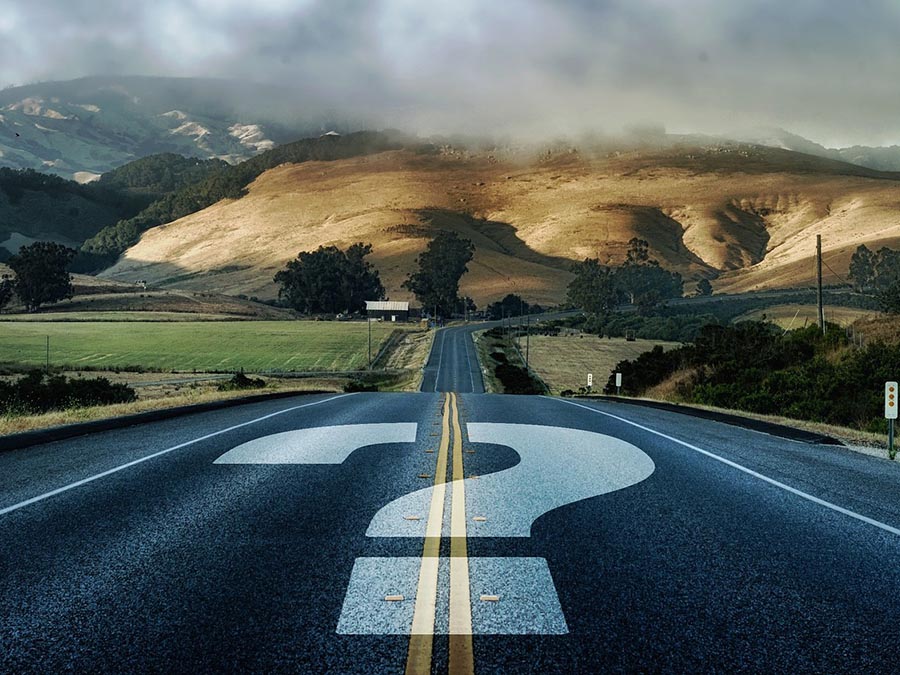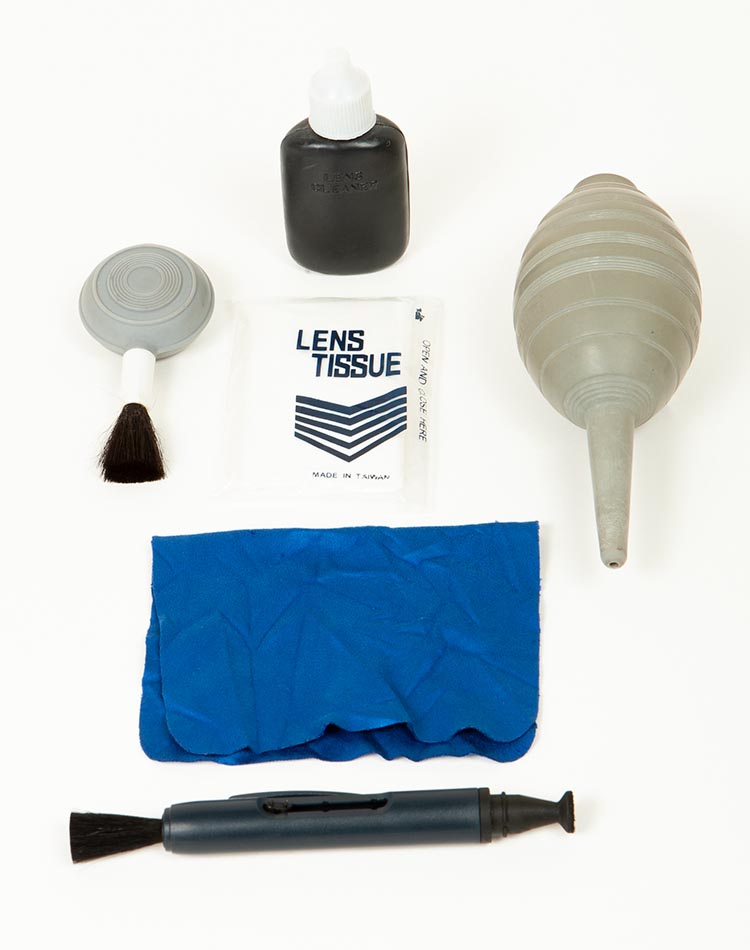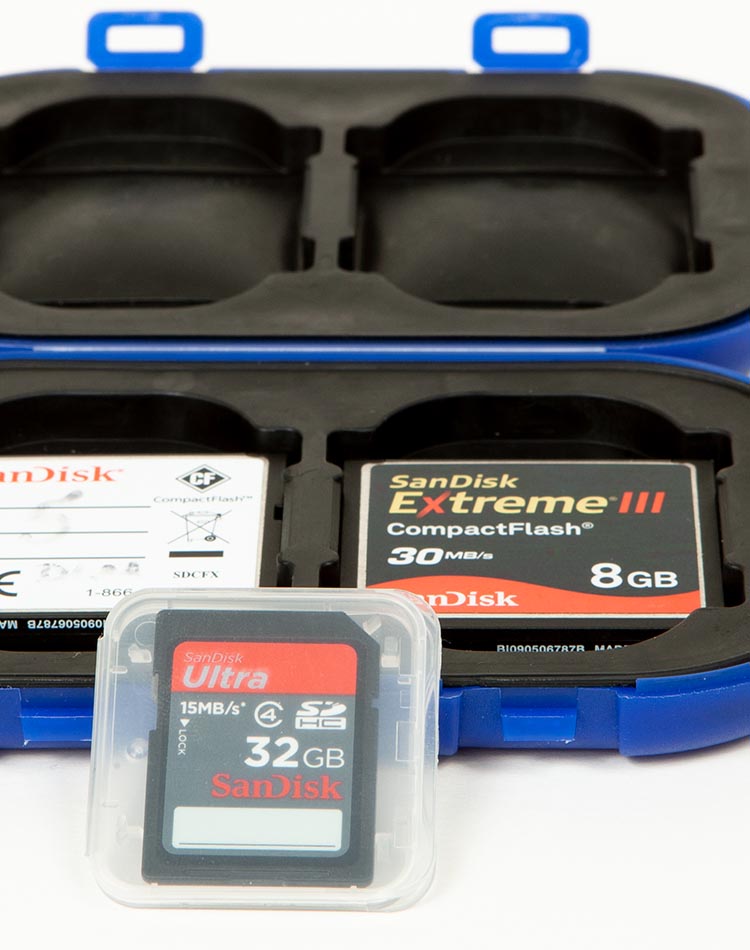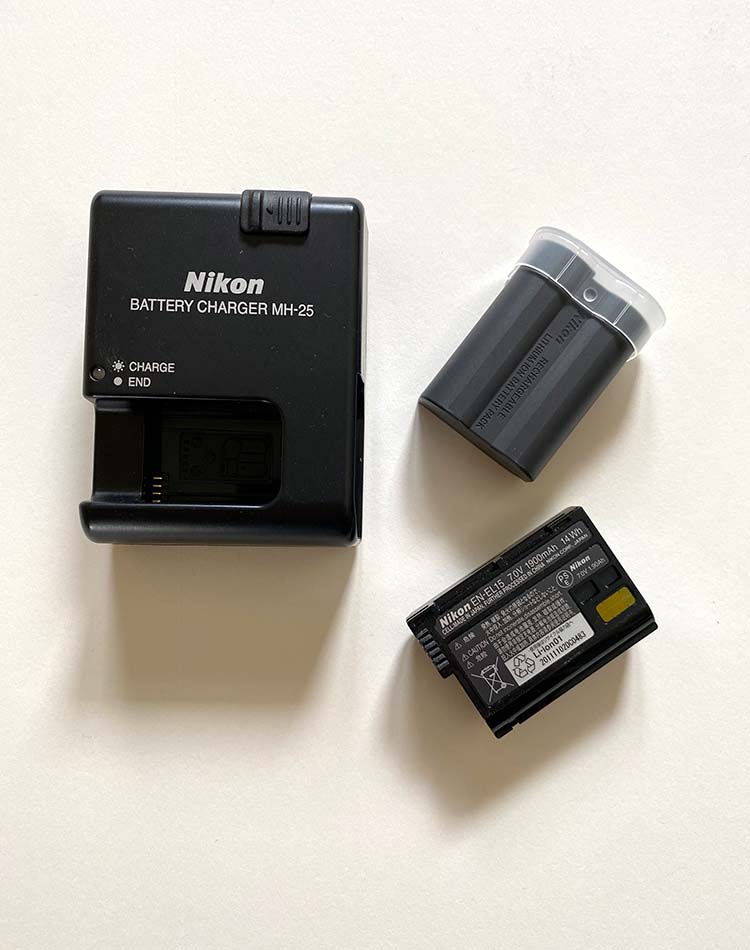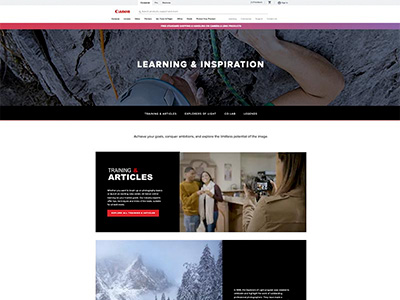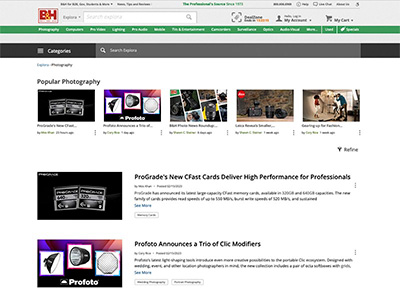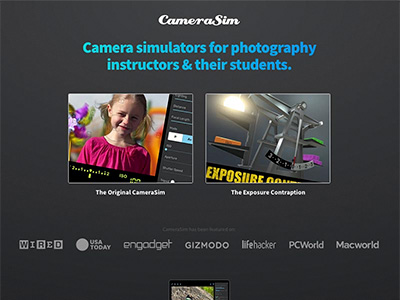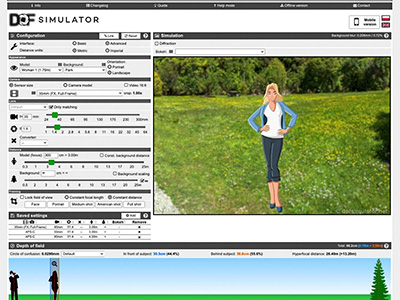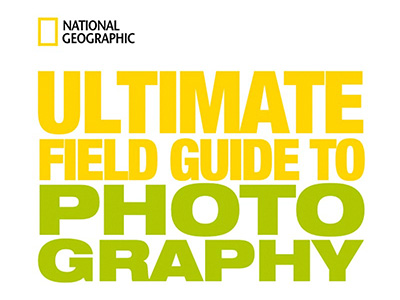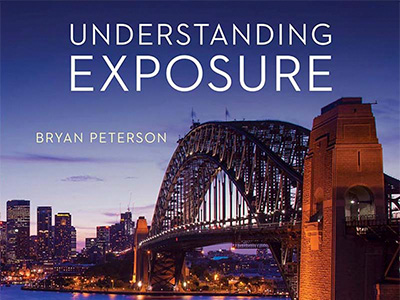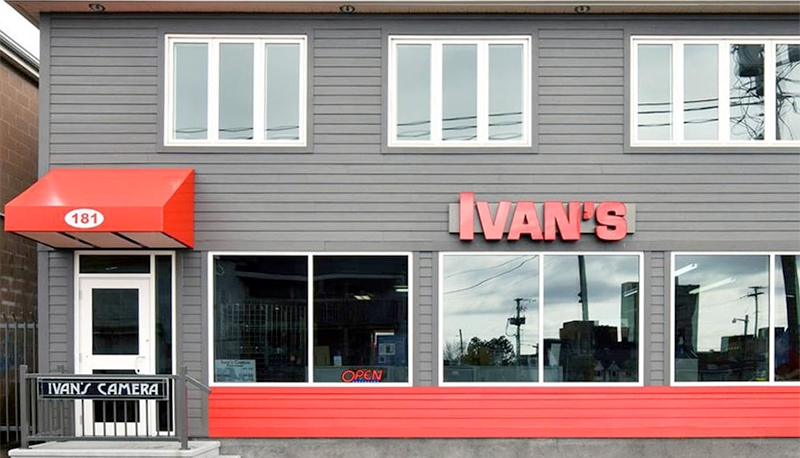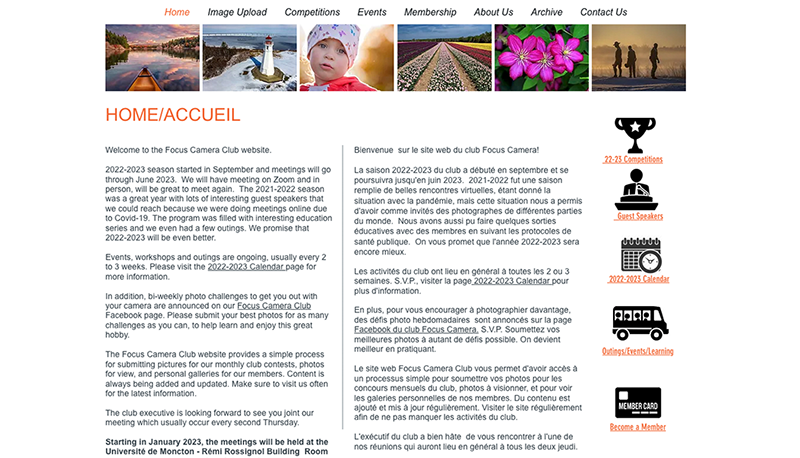Introduction to Photography
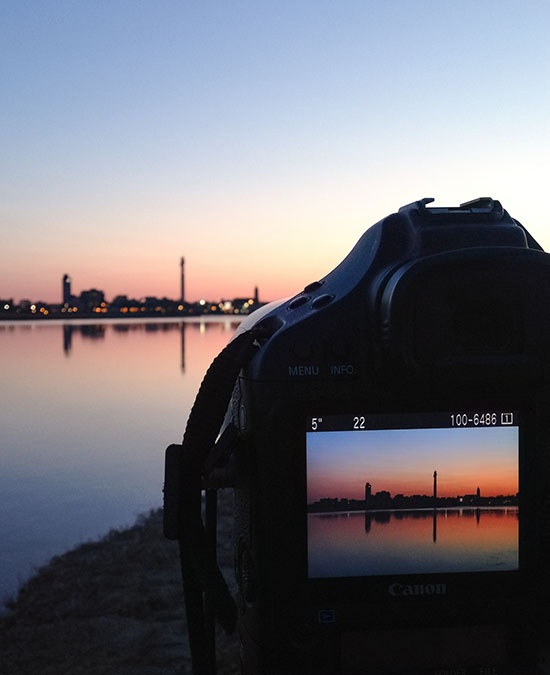
1-on-1 Photography Lessons
Learn at home, at your own pace, without interfering with your already hectic schedule.
- No need to commit to weekly classes.
- Schedule sessions when it is convenient for you - days, evenings, or weekends.
- Learn at your own pace - don't worry about getting ahead of or falling behind the rest of the class.
- Learn in your own home or office - eliminate some of the hassle and rush by letting the teacher come to you.
Topics
- Camera care.
- Basic camera operation with an overview of the shooting modes.
- An introduction to composition.
- Exposure and metering.
- Focus modes and drives.
- White balance.
- Memory cards.
- Image file formats.
- File transfer and storage.
- File organization.
- Camera accessories.
The private photography lessons are intended for beginners and those new to photography. An emphasis is placed on the camera controls as well as the fundamentals of photography (Aperture, ISO, and Shutter Speed).
Intermediate photographers can request some or all of the topics listed for beginners, either as a review or as a preview to more in-depth coverage. They can also request additional or specialized topics to meet their own interests and needs (some exceptions apply - see the FAQ section below for more information).
Pricing
$40
- 1 Session
- Handouts
$75
- 1 or 2 Sessions
- Handouts
$140
- Multiple Sessions
- Handouts
$180
- Multiple Sessions
- Handouts
